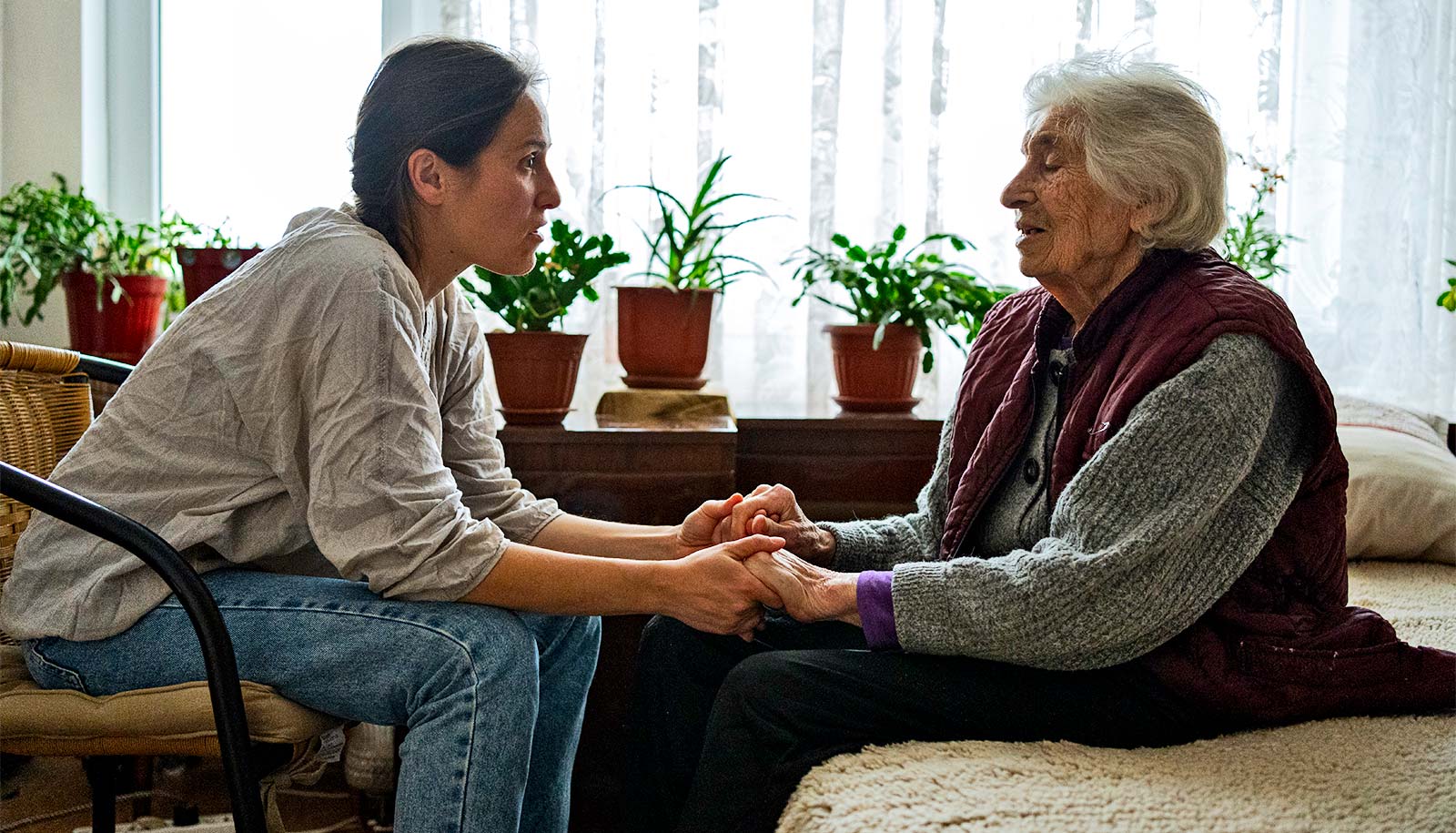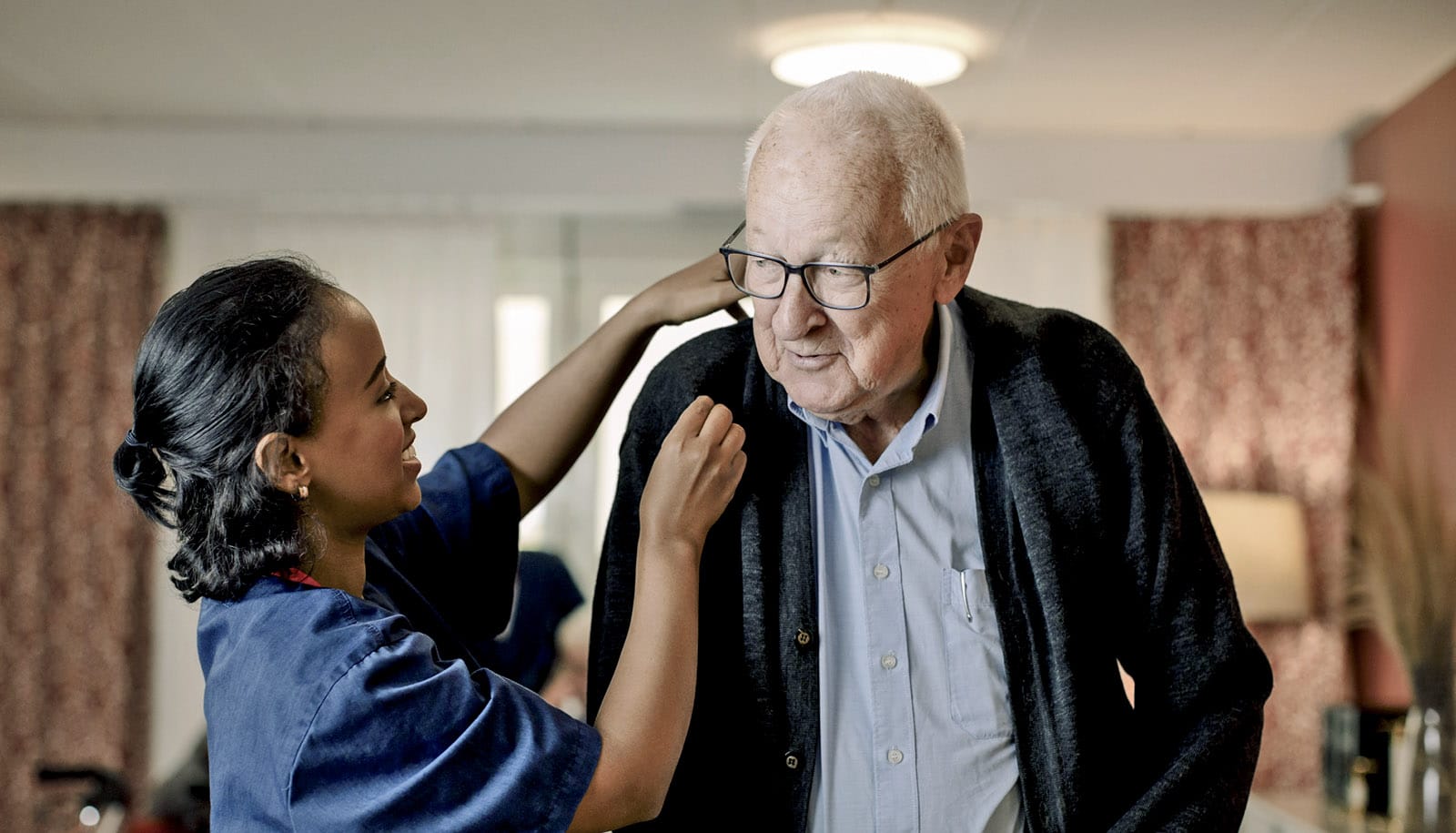Additional staffing alone will not be sufficient to bridge the quality-of-care and health outcome disparities among nursing home facilities with varying percentages of residents with dementia, a new study shows.
Specialized training, an easy-to-navigate environment, and staff stability are also critical to meeting the unique challenges presented by this population.
The findings, published in the journal Health Services Research, indicate that increased staffing generally improves outcomes for all patients but that at any given level of staffing, discrepancies between high- and low-dementia facilities remain.
The impact on care differed by percentage of residents with dementia and various outcomes, ranging from daily activities such as independently bathing, dressing, and eating to the number of emergency room visits and incidents of pressure sores.
“We wanted to understand the association of staffing hours with care quality and compare the health outcomes in nursing homes with high- and low-dementia populations,” says first author Dana Mukamel, professor of medicine at the University of California, Irvine.
“We found that registered nurses’ and certified nurse assistants’ staffing hours per resident-day were likely to improve outcomes for both high- and low-census dementia facilities but that simply increasing staff is not likely to be a solution.”
More than 40% of nursing home residents nationally are estimated to have Alzheimer’s disease, related dementia, or cognitive impairment, according to the Alzheimer’s Association. Their difficulty in communicating symptoms and needs requires that staff receive training in special techniques to recognize nonverbal cues and gain experience in understanding how individuals express themselves.
“Current studies compare health outcomes of dementia patients receiving specialized care to dementia patients in general care. We wanted to investigate the dynamics of dementia, staffing, and health outcomes in nursing homes compared with residents without dementia and embarked on this study to offer insights into this complex, three-way relationship,” Mukamel says.
For the study, the researchers conducted regression analyses on a national sample of nursing homes between 2017 and 2019, drawing on a variety of datasets, including Medicare claims and the Centers for Medicare and Medicaid Services’ Payroll Based Journal. Independent variables included staff hours per resident-day and dementia population percentage, controlling for other resident and facility characteristics. Separate linear models were utilized to predict six long-term facility-level outcomes.
“Our findings highlight the fact that high-quality care involves not only increased staffing, but also specialized training in practices proven to be effective in managing the complexities of this condition, as well as providing a secure environment and maintaining staff consistency,” Mukamel says. “Further research is required to identify specific areas that can be targeted to pinpoint opportunities for improvement in both low- and high-dementia facilities.”
Additional coauthors are from UC Irvine, UCLA, and the University of Chicago.
Source: UC Irvine



